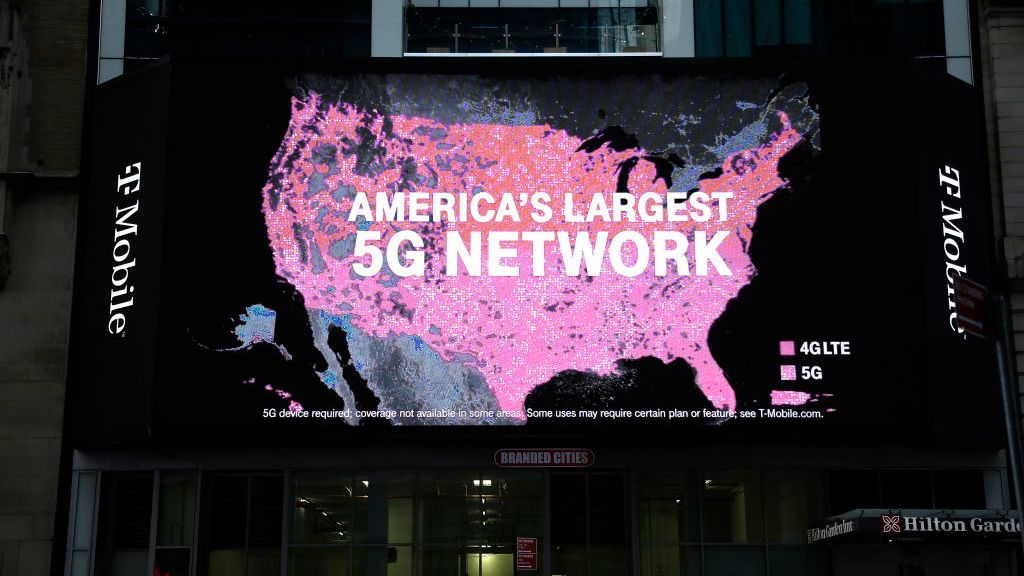T-Mobile to pay $350m to settle class action lawsuit
The news follows a breach that exposed the personal data of over 40 million customers in 2021

T-Mobile has settled a class action lawsuit by agreeing to pay $350 million.
This comes months after the mobile firm was hit by a massive cyber attack that compromised users’ personal data, including but not limited to, social security numbers and SSN.
RELATED RESOURCE

Your key to digital differentiation and competence
Database services fit for app modernisation, cloud-native innovation, and data-driven strategies
“Our preliminary analysis is that approximately 7.8 million current T-Mobile postpaid customer accounts’ information appears to be contained in the stolen files, as well as just over 40 million records of former or prospective customers who had previously applied for credit with T-Mobile,” reported T-Mobile in August 2021.
The company declared, in a Securities and Exchange Commission filing on Friday, that the funds will support claims by class members and pay legal fees put forth by plaintiffs' counsel, in addition to covering settlement costs.
However, T-Mobile affirmed the settlement contains no admission of liability, wrongdoing, or responsibility by any of the defendants.
The firm also announced its plans to, with a gross fund of $150 million, fortify its data security and pertinent technologies the following year.
As matters stand, T-Mobile awaits court approval of the terms of the settlement and anticipates the deal to close as early as December 2022.
Sign up today and you will receive a free copy of our Future Focus 2025 report - the leading guidance on AI, cybersecurity and other IT challenges as per 700+ senior executives
-
 Hacker offering US engineering firm data online after alleged breach
Hacker offering US engineering firm data online after alleged breachNews Data relating to Tampa Electric Company, Duke Energy Florida, and American Electric Power was allegedly stolen
-
 Threat intel could be your secret weapon in cybersecurity sales
Threat intel could be your secret weapon in cybersecurity salesIndustry Insights Threat intelligence transforms cybersecurity sales from reactive product pitching to strategic advisory.